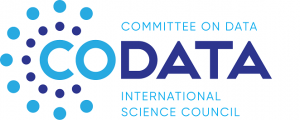A message from Simon Hodson, Executive Director.
As is customary, before taking a break for the (northern hemisphere) mid-winter holidays and the New Year, I would like to highlight some of CODATA’s achievements in the year that is ending and look forward to activities in the coming year. Highlights include the progress of the WorldFAIR project, an ambitious expansion of the International Data Policy Committee, a successful completion of the first phase of the Global Open Science Cloud initiative, and a Festival of Data at International Data Week. The CODATA General Assembly elected a wonderful new President and Executive Committee, and approved an updated Strategic Plan which gives the organisation a strong sense of direction for the next four years.
 WorldFAIR: ‘global cooperation on FAIR data policy and practice’
WorldFAIR: ‘global cooperation on FAIR data policy and practice’
The WorldFAIR project has become the flagship for our Decadal Programme ‘Making Data Work for Global Grand Challenges’. As coordinator of the project, and working with a fantastic consortium, we have been further refining a methodology and approach to advance implementation of the FAIR principles, and in particular those relating to interoperability and reusability, in a range of domain and cross-domain research areas.
The WorldFAIR project was active at the March RDA Plenary in Gothenburg, at the EOSC Symposium in September, and at International Data Week in Salzburg in October. It was also featured in the UNESCO-hosted event ‘Towards a FAIRer World’. A series of webinars has been showcasing the work of the project and in particular that of the case studies. You can access WorldFAIR deliverables from the website or our Zenodo collection. As we head towards the end of the project, there will be a lot going on, so please do sign up to our newsletter!
One of the significant outputs will be the Cross-Domain Interoperability Framework, a set of practical recommendations for how to address the functional requirements to service FAIR data and metadata for cross-domain use. The first draft module on ‘Discoverability’ is currently available for public review, and will be followed by modules on ‘Access’, ‘Integration’, ‘Controlled Vocabularies’, ‘Mappings’ and ‘Provenance’. The CDIF development was considerably advanced by this year’s Dagstuhl Workshop ‘Defining a Core Metadata Framework for Cross-Domain Data Sharing and Reuse’.
Although the European Commission funded project will conclude at the end of May 2024, we are already exploring how to expand and sustain the initiative in the form of ‘WorldFAIR+’. Thanks to a grant from the International Science Council, two further case studies relating to data in emergencies will be launched. We are optimistic of adding a further case study in earth sciences as part of a collaboration with IUGS and Deeptime Digital Earth. And discussions are ongoing with a number of partners, including ARDC, the Helmholtz Metadata Collaboration, CESSDA, KISTI and others.
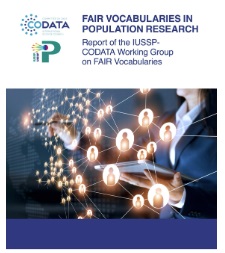 FAIR Vocabularies in Population Research
FAIR Vocabularies in Population Research
Highly relevant to the work of the WorldFAIR project and to implementing the FAIR principles in different domains was the work of the joint IUSSP-CODATA Working Group on FAIR Vocabularies in Population Research. Ably chaired by George Alter, and marshalling subject and technical expertise from a range of partners including UN Stats, OECD, SDMX and the DDI Alliance, the WG published its concluding report in June 2023. FAIR Vocabularies in Population Research has been particularly well received and makes recommendations for SDMX, the DDI Alliance, IPUMS, as well as IUSSP and CODATA.
International Data Policy Committee: data policy in times of crisis and expansion for a new challenge!
The topic of data policy for emergency situations has also been an important theme for the International Data Policy Committee (IDPC). Hosted at UNESCO on 29 March, ‘Towards a FAIRer World’ examined the underlying ethical, human rights, and humanitarian frameworks needed to support data policy during crisis situations in an open science context, respecting the FAIR (data stewardship) and CARE (ethical) data governance principles. This event led directly to the creation of a UNESCO and CODATA Working Group to develop contributions to the UNESCO Open Science Toolkit to assist with Data Policy for Times of Crisis. The results, in the form of guidance, a checklist, and a factsheet, will be launched at the UN World Data Forum in Medellín, Colombia in November 2024.
Under the tireless leadership of Francis Crawley, the IDPC has undergone a transformation and renewal. The IDPC’s new Action Plan identifies seven topics for action:
- Data policy for data quality, reliability, and integrity
- Data policy for science in crisis situations
- Data policy for education
- Data policy for AI
- Data policy for Open Science
- Data policy for the publication and communication of science
- Data policy for specific populations
To meet this ambitious agenda, a call was issued for new membership, and the IDPC has been considerably expanded. It now comprises over 60 leading experts from over 30 countries. Task Groups will be formed to address each of the topics.
Global Open Science Cloud Initiative
The International Symposium on Open Science Clouds, 4-6 September 2023 marked a successful conclusion to the first phase of the Global Open Science Clouds (GOSC) initiative, which rests on a strong partnership between CODATA and the GOSC International Programme Office, hosted at CNIC. A significant community of cooperation has been created, with representatives from the major Open Science infrastructure initiatives around the world. There is palpable enthusiasm for continuing the cooperation and there was general agreement that this should be the first of a series of similar events. The GOSC Steering Group is now exploring the possibility of holding an ISOSC on the African continent in early 2025.
Advancing data science and the science of data
Marking 20 Years of the Data Science Journal, the CODATA DSJ published a collection of articles and essays exploring the history of data science and the relationship between data science and the science of data.
The CODATA Connect Early Career Working Group has continued its excellent work, completing a podcast series on Data for Disaster Risk Reduction, in partnership with the CODATA Task Group on FAIR Data for Disaster Risk Research, and launching a new one on Open Geo AI.
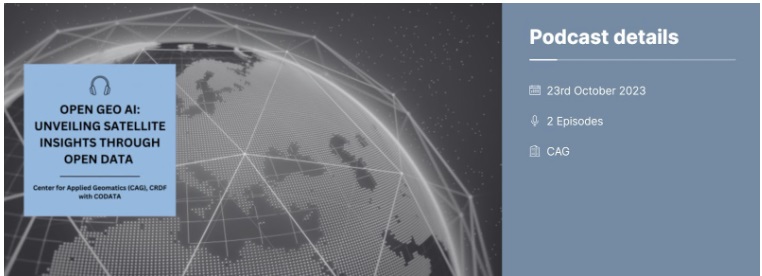
Meanwhile, the CODATA-RDA Schools of Research Data Science had another successful year, running an in person school at the ICTP in Trieste and an online version in South Africa. Both CODATA Connect and the CODATA-RDA SORDS have recently issued calls for new leadership and participants, so there will be exciting opportunities going forward.
A Festival of Data and a New Era for CODATA
The major conference of the year was the fourth International Data Week, in Salzburg, Austria, 23-26 October. Combining the Research Data Alliance’s Plenary Meeting and SciDataCon, organised by CODATA and WDS, IDW 2023 attracted 834 participants (702 in person and 132 online) from 48 countries. The feedback on the plenary sessions and the breakout sessions has been excellent.
 IDW was followed by the CODATA General Assembly, 27-28 October. The GA elected Mercè Crosas as CODATA President. Currently head of Computational Social Sciences at the Barcelona Supercomputing Centre, Mercè brings to the role a remarkable range of experience from a career that spans astrophysics, biotech and software startups, social sciences, and Open Public Data. A strong Executive Committee was elected, notable by considerably improved gender balance and a prominent representation from international scientific union. Barend Mons bade FAIRwell, becoming Past President and saying that he was now ‘Findable, Accessible, Interoperable and Retired’.
IDW was followed by the CODATA General Assembly, 27-28 October. The GA elected Mercè Crosas as CODATA President. Currently head of Computational Social Sciences at the Barcelona Supercomputing Centre, Mercè brings to the role a remarkable range of experience from a career that spans astrophysics, biotech and software startups, social sciences, and Open Public Data. A strong Executive Committee was elected, notable by considerably improved gender balance and a prominent representation from international scientific union. Barend Mons bade FAIRwell, becoming Past President and saying that he was now ‘Findable, Accessible, Interoperable and Retired’.
The General Assembly also approved five new Task Groups, three continuing Task Groups and one new Working Group. Alongside the strategic activities described above, each of these groups will contribute to the updated strategic plan, which was approved by the GA. To be launched in the new year, Making Data Work to Improve our World, the CODATA Strategic Plan 2023-2027 presents our vision of a world in which science is empowered to address universal challenges through the transparent, trustworthy and equitable use of data and information. The strategy describes four strategic priorities which CODATA will pursue in order to help realise this vision. In sum, we need to make data work to improve our world.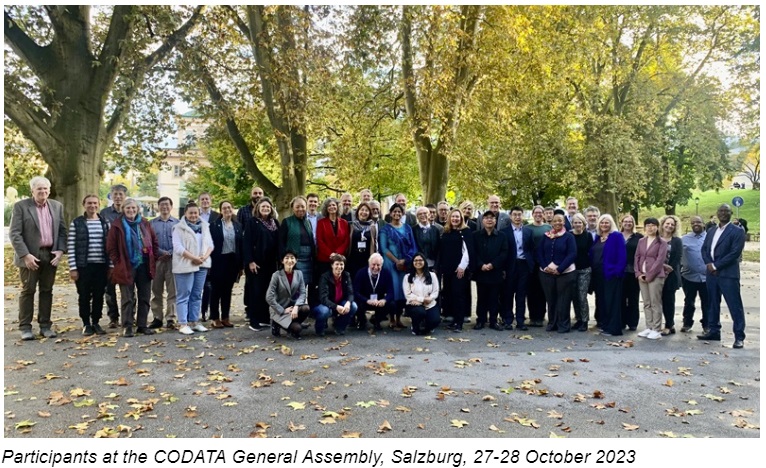
Looking forward to 2024!
The transition from 2023 to 2024 is certainly one of dynamic change. CODATA has new leadership and a renewed vision. 2024 will see the compilation of the WorldFAIR project and the launch of WorldFAIR+; we will embark on the next phase of the Global Open Science Cloud initiative; the new expanded International Data Policy Committee will pursue its action plan; and the new (and renewed) Task Groups and Working Groups will set about their activities. February will also see the launch of the Data Science Without Boundaries project in which CODATA is a partner.
Important events early in the year are The Road to FAIR and Equitable Science Workshop at the Lorenz Centre in Leiden, 22-26 January, celebrating 10 years of the FAIR principles, and the FAIR Digital Object Summit in Berlin, 20-21 March. CODATA will once again be partnering with the DDI Alliance on two workshops at Schloss Dagstuhl, to advance work on the DDI-CDI standard and on the Cross-Domain Interoperability Framework.
The CODATA Executive Committee will meet in Barcelona in October, where our new president will also host a workshop on data and AI issues for computational social sciences. The priority event for CODATA in 2024 will be the UN Data Forum in Medellín, Colombia, where we intend to showcase a number of contributions to help make data work for global grand challenges.

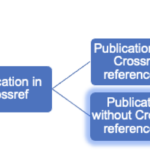 Title: Are Researchers Citing Their Data? A Case Study from The U.S. Geological Survey
Title: Are Researchers Citing Their Data? A Case Study from The U.S. Geological Survey Title: Detailed Implementation of a Reproducible Machine Learning-Enabled Workflow
Title: Detailed Implementation of a Reproducible Machine Learning-Enabled Workflow Title:State of the Data: Assessing the FAIRness of US Geological Survey Data
Title:State of the Data: Assessing the FAIRness of US Geological Survey Data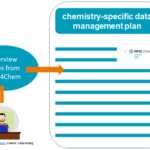 Title: Road to a Chemistry-Specific Data Management Plan
Title: Road to a Chemistry-Specific Data Management Plan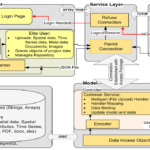 Title: Secure and Modular Data Portal: Database System to Manage Broadly Classified and Large Scale Data
Title: Secure and Modular Data Portal: Database System to Manage Broadly Classified and Large Scale Data Title: Five Suggestions Towards User-Centred Data Repositories in the Social Sciences
Title: Five Suggestions Towards User-Centred Data Repositories in the Social Sciences Title: Advancing FAIR Agricultural Data: The AgReFed FAIR Assessment Tool
Title: Advancing FAIR Agricultural Data: The AgReFed FAIR Assessment Tool Title: Correction: Social Media Impact on the ‘Cosmos’ Blockchain Ecosystem: State and Prospect
Title: Correction: Social Media Impact on the ‘Cosmos’ Blockchain Ecosystem: State and Prospect Title: Data Management Planning across Disciplines and Infrastructures. Introduction to the Special Collection
Title: Data Management Planning across Disciplines and Infrastructures. Introduction to the Special Collection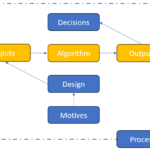 Title: Māori algorithmic sovereignty: ideas, principles, and use.
Title: Māori algorithmic sovereignty: ideas, principles, and use.







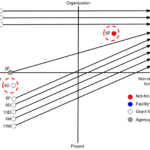
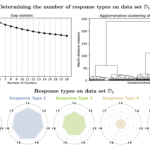
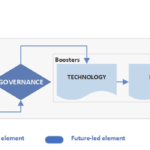
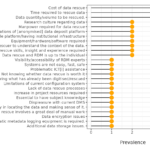
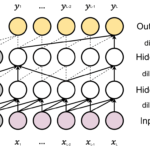

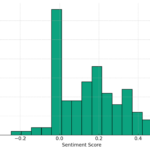
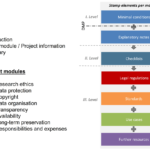







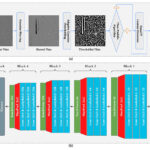
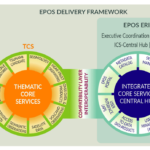
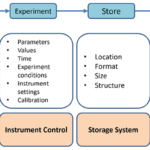
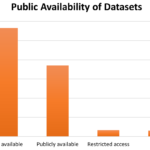
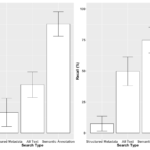
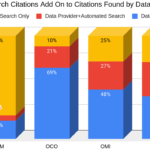







 WorldFAIR: ‘global cooperation on FAIR data policy and practice’
WorldFAIR: ‘global cooperation on FAIR data policy and practice’

 IDW was followed by the
IDW was followed by the 
